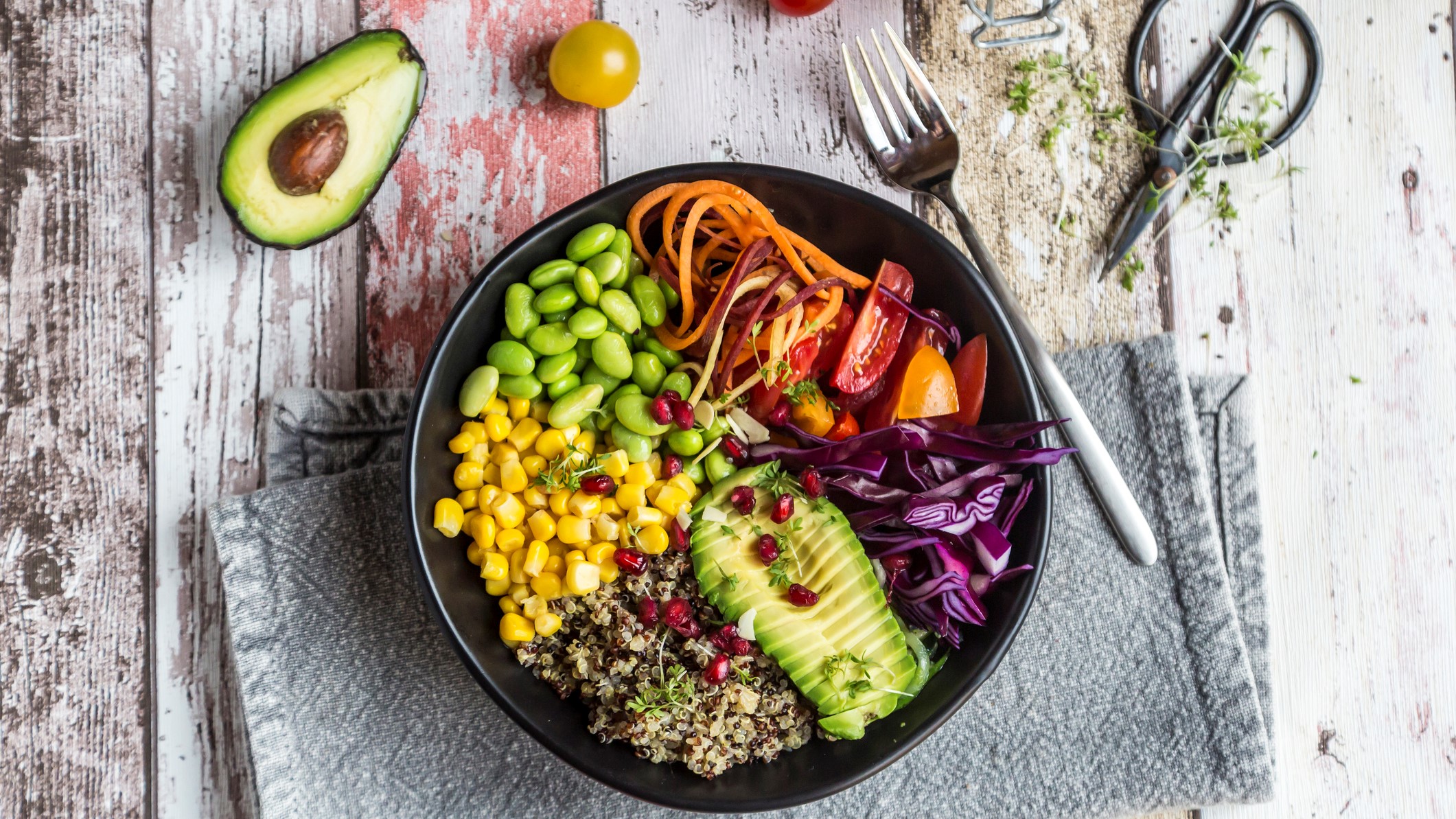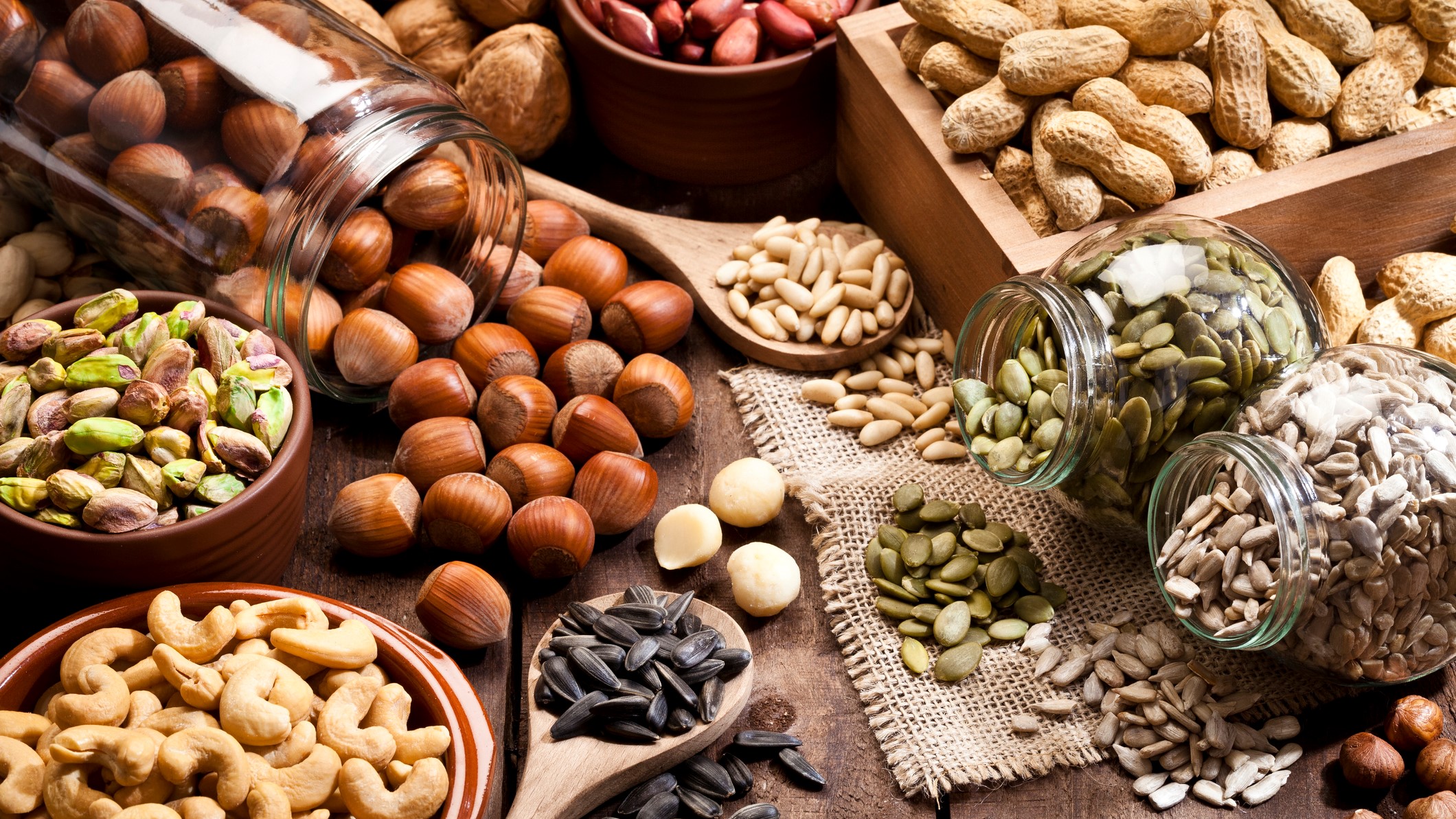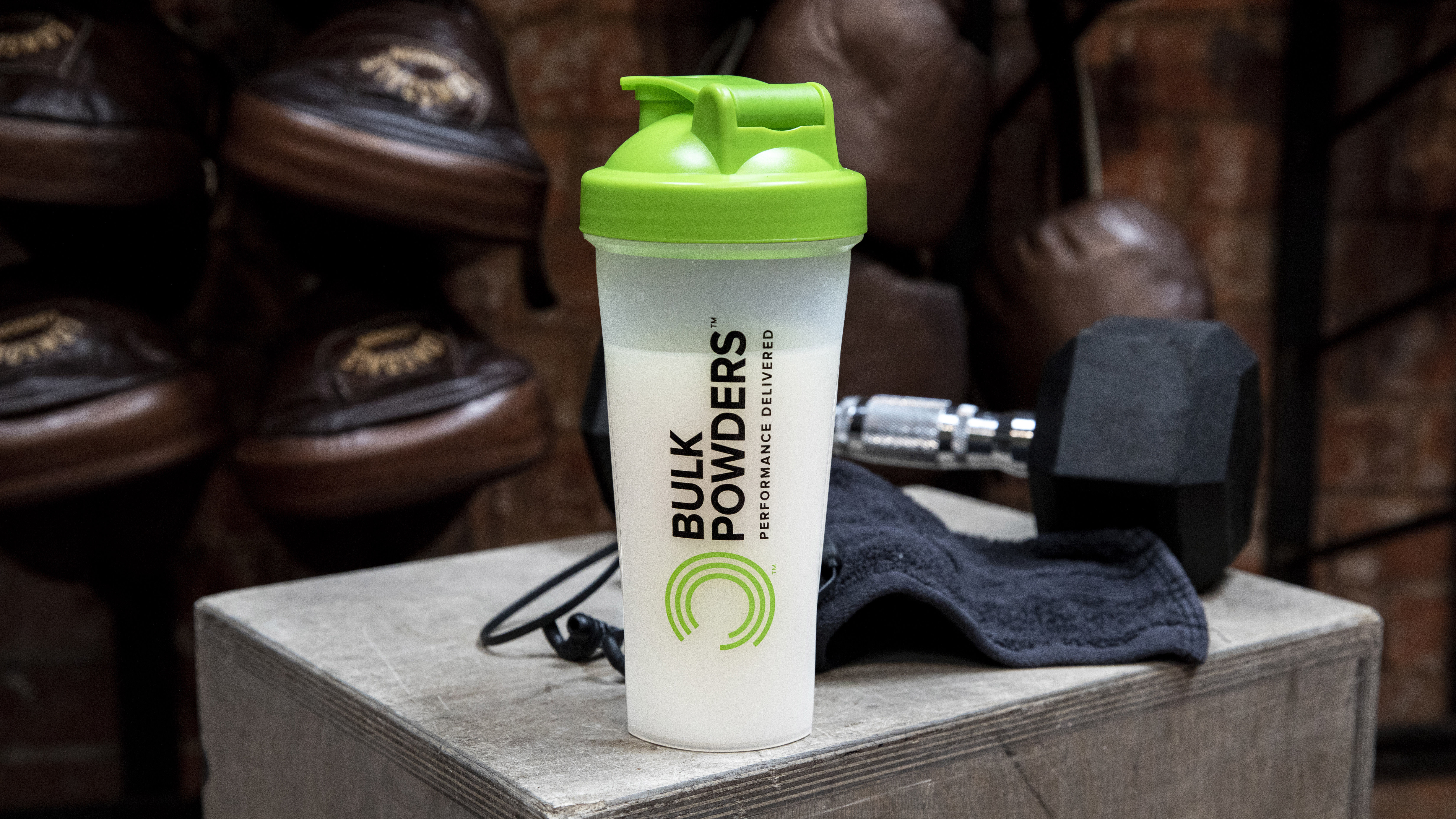Keto Diet and Calories and Weight Loss
The ketogenic diet – more commonly known as the keto diet, is one of the most popular current ways to lose weight. Keto is a high fat, medium protein, very low carbohydrate diet, like a sort of turbo-charged Atkins diet. It's not the easiest diet to follow, for reasons we'll come to shortly, but it can be a sure-fire way to lose belly fat and feel healthy.
We asked the Product Director of Bulk Powders supplements if the keto diet is safe and how to get started with keto. Given that Bulk Powders makes keto-specific supplements, he was, not surprisingly, quite into it. But should YOU try the keto diet?
Seeing all the jaw-dropping before and after pictures, we were interested and even intrigued to find out more about the keto diet. Many people claim they lost weight following this strict diet, seeing results sooner rather than later. Can it be true? Is there actually a magic pill that will melt the fat off your body whilst eating loads of fat? Can you get fit while using this way to get slim?
Firstly, you might also want to check out some of the potential keto diet side effects. While there will certainly be no carbs before Marbs, whatever that means, there will be a fair amount of protein and a whole load of healthy fat, and that is something your digestive system may need a while to adjust to.
We asked Simon Jurkiw, who's not only the Product Director at Bulk Powders but also a performance nutritionist AND a powerlifter. Should you try the keto diet? Read on and decide for yourself…
- Try this 1-week keto diet plan
- How to make a keto shake – 1 recipe, 3 top tips
- Intermittent fasting: everything you need to know from 16:8 to 5:2
- What are macros for weight loss

Even on keto, you'll need to keep a balanced diet – but that takes on a different meaning here
(Image credit: Getty Images)
What is a keto diet?
"A keto diet is essentially a method of eating which changes the substrate your body uses for fuel," says Simon Jurkiw. "In this instance, by following a very low carbohydrate diet the liver produces ketones from fat, for the body to use as energy."
A keto diet essentially forces your body to produce ketones from fat by throwing you into a state of ketosis. Yup, it really is that simple. Okay, here's the clever bit: in ketosis, your body will use fat for energy, as opposed to carbs, regardless of the source, so it will use fat from the food you eat but also fat that you have stored in your body.
The aim of the diet is to keep up the state of ketosis for longer periods, by not eating much carbohydrate. And when we say not much, we mean almost nothing at all. For an effective keto diet, you must cover no more than 5% of your daily calorie intake from carbs.
- Keto vs low carb diet: which one is better for weight loss and exercising?
- Cut alcohol for weight loss
- How to boost your metabolism
What do you eat on a keto diet?
"Anything that's low in carbs! Especially avoiding sugar. Generally, the aim is to go under 30 grams of carbohydrate per day."
The tricky part is, for an average person, carbs tend to form the majority of their energy intake and switching from a high-carb diet to a high-fat diet will require some willpower.
Good news is, you can gorge yourself on good fats during keto diet, like certain types of cheese and avocados. Also, if you are a fan of seafood, you are up for a treat: foodstuff like clams, oysters and squid contain very little carbs and therefore can be consumed more freely when doing keto.
Snacking-wise, nuts are a good source protein and fat, so they can be eaten more, as well as cottage cheese and Greek yogurt. Mainly the plain variety, though, as reduced sugar intake is essential for the success of ketogenic diet.
- Which fasting method is best for weight loss? Science has the answer
What are the main benefits of keto diet?
"The main reported benefit of a keto diet is rapid weight loss. Counter-intuitively, many people report being less hungry," says Simon Jurkiw.
As well as these, keto can reduce acne and it might also improve heart health and protect brain functioning, although these benefits have not been proven by rigorous lab tests yet, so we can't say for sure that is a benefit.
Is keto diet safe?
Simon Jurkiw: "A keto diet should be avoided if you're on medication; especially if you're on diabetes medication. If you're on medication, it's best to discuss the premise with a medical professional."
Either way, before you start buying crates of avocados, and especially if you have issues with obesity, you should consult a medical professional and get their advice and guidance. Everyone's needs are different and what works for the vast majority of people might not work for you personally.
Be safe and sensible, and always ask for help if unsure.
- Best gym water bottle: because you'll need to drink plenty of water, whether you are on keto or not
- Best running headphones: so you can keep yourself entertained throughout your keto-fuelled workouts

Increase your 'good fat' intake and lower your carb (and especially sugar) consumption
(Image credit: Getty Images)
How do you get started on a keto?
Simon Jurkiw: "Firstly, do your research. You need to find out what foods are higher in fat and protein with minimal carb content. Popular choices are nuts (brazil nuts, walnuts, almonds), avocados, coconut oil, eggs, meat and fish."
Apart from keeping an eye on fat content, you should also consider the protein when choosing food items. You only need moderate protein in your keto diet – roughly 20% of your daily calorie intake should come from proteins – and certain nuts tend to have high protein content.
"From a vitamin and mineral perspective, be sure to incorporate fibrous fruit and vegetables such as kale, broccoli and cauliflower. Many people choose to purchase keto strips, which detect ketones in the urine. That way, you can be sure you really are ketogenic."
Some vegetables can also be fairly high in carbs and fruits can also contain high amounts of sugar – looking at you, apples – so please always check the label before you decide on what to include in your diet.
How long does it take for keto diet to work?
Simon Jurkiw: "It takes around 2-4 days to get into ketosis (assuming carbs are low enough) depending on the individual. The carb content required to reach ketosis will also vary between individuals."
"Initial weight loss will be very quick, but keep in mind that a majority of that will be stored glycogen (carbs) and water. Steady weight loss will follow after by virtue of being in a calorie deficit and burning more fat as a fuel."
Slow and steady wins the race, as the saying goes, and it's especially true for diets. You will lose weight fast pretty soon on keto but for long term effects, you will need to be patient and let your body adjust to your new diet.
Even after you have finished with doing keto, there is no point going back to your previous – presumably unhealthy – diet. Try keeping at least some of the healthy aspects of your keto diet, like the increased fruit/veg/nut intake, post-keto, too.
Can you work out on a keto diet?
Simon Jurkiw: "Exercise can complement the benefit from a keto diet. It's possible that training intensity may initially drop and strength may reduce. However, you'd typically expect strength to drop as body weight reduces (assuming you're not a beginner)."
- Best cheap protein powder deals: bulk up with whey and vegan powders without slimming down your wallet
- Best cheap creatine deals: boost your performance and focus with cheap creatine monohydrate
- Add more healthy fats to your shakes with Bulk Powders' Medium Chain Triglycerides powder.

Ketogenic supplements are safe and can even help you maintain a your muscle mass
(Image credit: Bulk Powders)
Does keto diet make you weaker/sleepier?
Simon Jurkiw: "Many who follow the keto diet say they have more energy than their previous way."
Obviously, if you find yourself feeling fatigued and weak, consider that keto may not be for you, or at least look again at how you're trying to follow a keto diet.
Are supplements keto-safe?
Simon Jurkiw: "Sure, absolutely. The main benefit of supplements is that higher fat, moderate protein and low-carb food is pretty hard to find if you're out and about. From a convenience angle, supplements provide a quick and easy way to add fat and protein to your diet, without loads of carbs."
Simon does work for a company that sells supplements but there is no evidence that they are bad for you. The main risk from any diet based on supplements is boredom, but then nobody is suggesting you live on nothing but supplements. That's why they're called 'supplements' and not 'dinner'.

No need to stop exercising while you are on keto, but be sensible
(Image credit: Getty Images)
So, to summarise, keto diet is safe and beneficial for your health and weight loss if you are careful and mindful enough about it. The easiest way to track your keto effort is to use a nutrition-tracker app like MyFitnessPal, where you can simply set your desired macro nutrient percentage/macro split (on keto, it will most likely be 75% fat, 5% carbs and 20% protein) and scan the barcodes of the food you would like to ingest.
Most importantly, as with any lifestyle change, give yourself some time to adjust. As Simon mentioned, you will see some rapid results almost straight away, but in order to keep that weight off, you'll have to stick with the diet, even if progress slows down a bit.
Slowing down doesn't mean the new diet stopped working; it only means your body is re-adjusting itself to accommodate the new diet. Weight loss, or more like shedding the unnecessary extra weight, is only a side effect of a new, healthier lifestyle, which will benefit you on a long run, not only short term.
Keto Diet and Calories and Weight Loss
Source: https://www.t3.com/au/features/ketogenic-diet
0 Response to "Keto Diet and Calories and Weight Loss"
Post a Comment